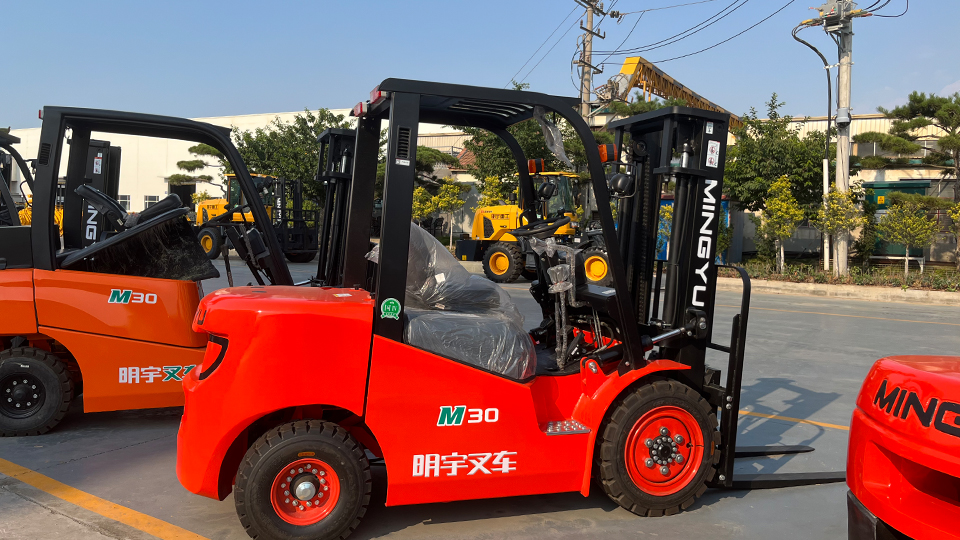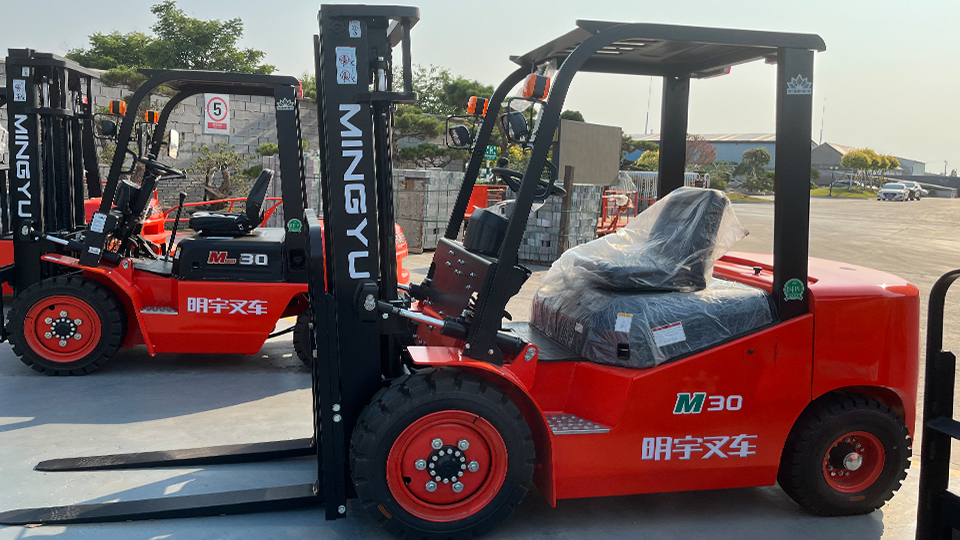
The Legal and Safety Imperative for Forklift Certification
The question of whether one needs a license or certification to operate a forklift often leads to confusion. While you don't need a standard state-issued driver's license to drive a forklift on private property, you are required by law to have a specialized forklift certification. This certification is the legal proof that you have been properly trained to operate the equipment safely, as per OSHA's rigorous standards (specifically, OSHA Standard 29 CFR 1910.178 for powered industrial trucks).
Why Certification is a Must
OSHA's primary goal is to ensure a safe and healthy work environment, and forklifts, despite being essential tools, pose significant safety risks. Every year, a substantial number of workplace injuries and fatalities are attributed to forklift accidents. The majority of these incidents are preventable and are often a result of inadequate training or operator error. The certification process is designed to mitigate these risks by ensuring that every operator possesses the theoretical knowledge and practical skills necessary for safe operation.

The certification is a formal acknowledgment from the employer that an employee has demonstrated competency in two key areas:
Theoretical Knowledge: Understanding the principles of safe operation.
Practical Skills: The ability to apply that knowledge in real-world scenarios.
The Two-Part Certification Process
The forklift certification process is not a simple, single-step procedure. It is a comprehensive program that combines formal instruction with hands-on training and a final performance evaluation. Both components are required for an operator to be considered fully certified and legally compliant.
1. Formal Instruction
This part of the training focuses on the theoretical knowledge required for safe forklift operation. It can be delivered through various formats, including lectures, videos, interactive computer learning, or written materials. The key is to provide a solid foundation of knowledge before the operator ever gets behind the controls. Topics covered in this phase include:
Vehicle-specific topics: This includes understanding the controls, instrumentation, and operating limitations of the specific type of forklift the operator will use. For example, a certification for a sit-down counterbalanced forklift is different from one for a rough-terrain forklift.
Stability and Capacity: A crucial part of the training is understanding the "stability triangle" and how factors like load size, weight, and position affect the forklift's center of gravity.
Inspection and Maintenance: Operators are taught how to perform a mandatory pre-shift inspection to identify and report any mechanical issues that could compromise safety.
Operating Instructions and Warnings: Understanding the specific instructions, warnings, and precautions outlined in the forklift's operator manual.
2. Practical Training and Evaluation
After the formal instruction, a trainee must demonstrate their ability to apply the knowledge in a real-world setting. This is a crucial, hands-on component that cannot be skipped. It consists of:
Practical Training: A qualified trainer demonstrates proper operating techniques, and the trainee performs hands-on exercises under direct supervision.
Performance Evaluation: The trainer observes and evaluates the trainee's performance to ensure they can operate the forklift safely and competently in the actual workplace. This evaluation must be specific to the type of forklift and the hazards of the work environment. It tests skills such as maneuvering in narrow aisles, handling different types of loads, and safely navigating ramps or slopes.
The evaluation must be conducted in the actual workplace to ensure the operator is competent to handle the specific conditions they will face daily.

Employer's Responsibility and Certification Validity
The ultimate responsibility for certifying a forklift operator rests squarely on the employer. It is the employer's legal duty to ensure that every employee operating a forklift has been trained and evaluated in compliance with OSHA standards. OSHA does not directly certify operators or approve training programs. Instead, it holds the employer accountable for the entire process.
Certification Documentation
Once an operator has successfully completed both the formal instruction and the practical evaluation, the employer must "certify" that the employee has been trained and evaluated. This certification record is a key piece of documentation and must include:
The operator's name.
The date of the training.
The date of the evaluation.
The name(s) of the person(s) who conducted the training and evaluation.
This documentation serves as legal proof of compliance in the event of an OSHA inspection or an accident investigation.
Renewal and Refresher Training
A forklift certification is not a one-time thing. OSHA requires that an operator's performance be re-evaluated at least once every three years. This re-evaluation ensures that the operator has maintained their skills and is up-to-date on safety protocols.
Furthermore, refresher training is required under specific circumstances, even if the three-year mark has not been reached. This includes situations where:
The operator is involved in an accident or a near-miss.
An evaluation reveals that the operator is not operating the forklift safely.
The operator is assigned to a different type of forklift.
A change in the work environment could affect safe operation (e.g., new shelving, different traffic patterns, etc.).
Penalties for Non-Compliance
The consequences of operating a forklift without proper certification are severe. An employer found to be non-compliant with OSHA regulations can face substantial fines. The fines can be particularly steep in cases of a fatality or serious injury. For the operator, non-compliance can lead to job loss, and they may be held liable in the event of an accident.
In essence, forklift certification is more than just a piece of paper; it is a critical safety measure that protects workers, prevents costly accidents, and ensures a business operates within the bounds of federal law.
Name: selena
Mobile:+86-13176910558
Tel:+86-0535-2090977
Whatsapp:8613181602336
Email:vip@mingyuforklift.com
Add:Xiaqiu Town, Laizhou, Yantai City, Shandong Province, China